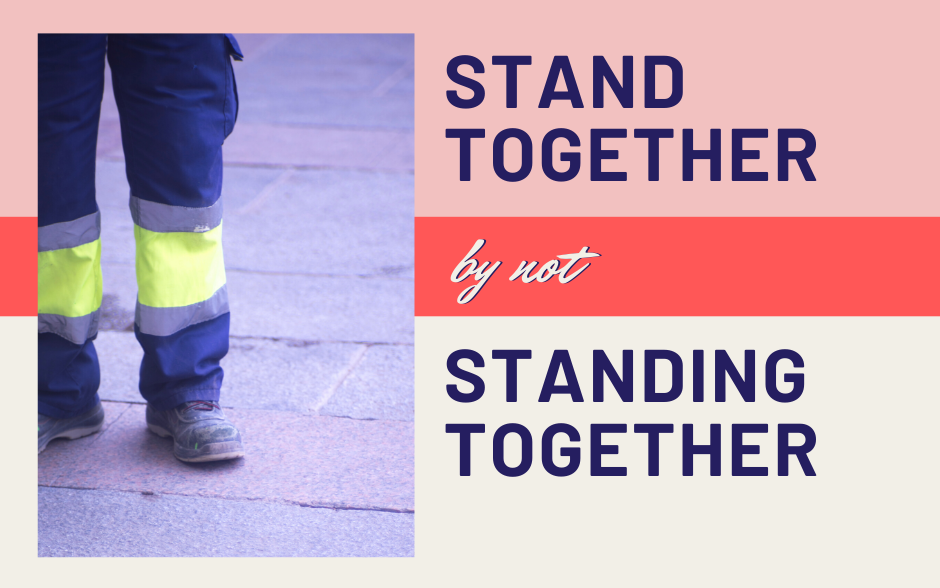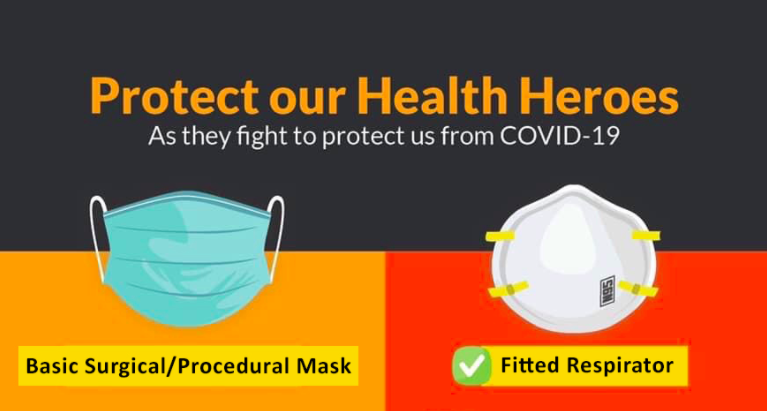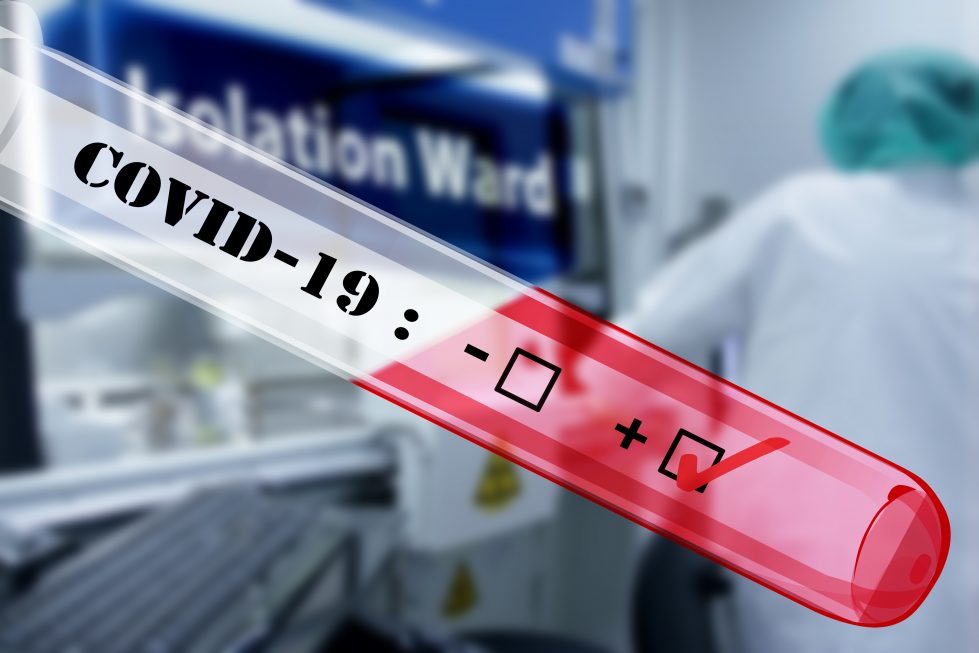How long does the virus live on surfaces? A recent study found that the COVID-19 coronavirus can survive up to four hours on copper, up to 24 hours on cardboard, and up to two to three days on plastic and stainless steel. The researchers also found that this virus can hang out as droplets in the air for up to …
Social distancing and working alone in the municipal sector
As the COVID-19 pandemic progresses, all public sector workers are experiencing profound changes in their work. Social distancing is requiring work to be rearranged in ways that minimize contact with other people. In the municipal sector, this is leading to more and more situations where municipal employees are working alone. Working alone is often misunderstood. There may be situations where multiple …
Q&A for care providers
How do we practice social distancing at work? To the best of our ability. Many public sector workers are in workplaces that have been deemed essential and will continue to operate during the pandemic. In this context social distancing is a hazard control and must be followed whenever possible. Work should be arranged to minimize the direct contact workers have …
Child care for essential workers
Many CUPE members have questions about child care during this very challenging time. Essential workers who are providing health and critical public services during the pandemic and who do not have access to child care may be eligible for government-sponsored child care. Limited child care services will be available for children ages one to 13 years in existing child care …
Q&A on the Right to Refuse and personal protective equipment
Can I use my right to refuse for COVID-19? Employees have a right to refuse unsafe work when there are reasonable grounds to believe that the work, tool, or equipment is dangerous to you or another person’s health and safety. Many situations could create a dangerous condition in your workplace and COVID-19 is no exception. For most workers, especially those in …
Workplace measures to prevent exposure to infectious viruses
Workers in some sectors (for example, health care and transportation) have a greater likelihood of exposure to viruses and other disease-causing agents. Employers have a general duty to take every precaution reasonable to protect workers from hazards in their workplaces. Employers in these sectors should already have effective plans in place for regular day-to-day interactions. When new viruses are identified, employers …
COVID-19 and income supports for workers Q&A
What is your situation? I am an employee with COVID-19 and/or in isolation: Your employer may have a short-term disability or sick leave program that you need to apply for before applying for EI Sickness Benefits. Check your collective agreement or contact your CUPE local. If you have worked more than 600 hours in the past year or since your …
Personal protective equipment
Fact vs Myth: Personal Protective Equipment While our workplaces prepare to confront the threat of COVID-19 there have been many discussions around Personal Protective Equipment and the role it can play in protecting members from communicable diseases like COVID-19, especially those situations where respiratory protection is required. With these discussions occurring in many workplaces we wanted to ensure CUPE locals …
- Page 2 of 2
- 1
- 2







